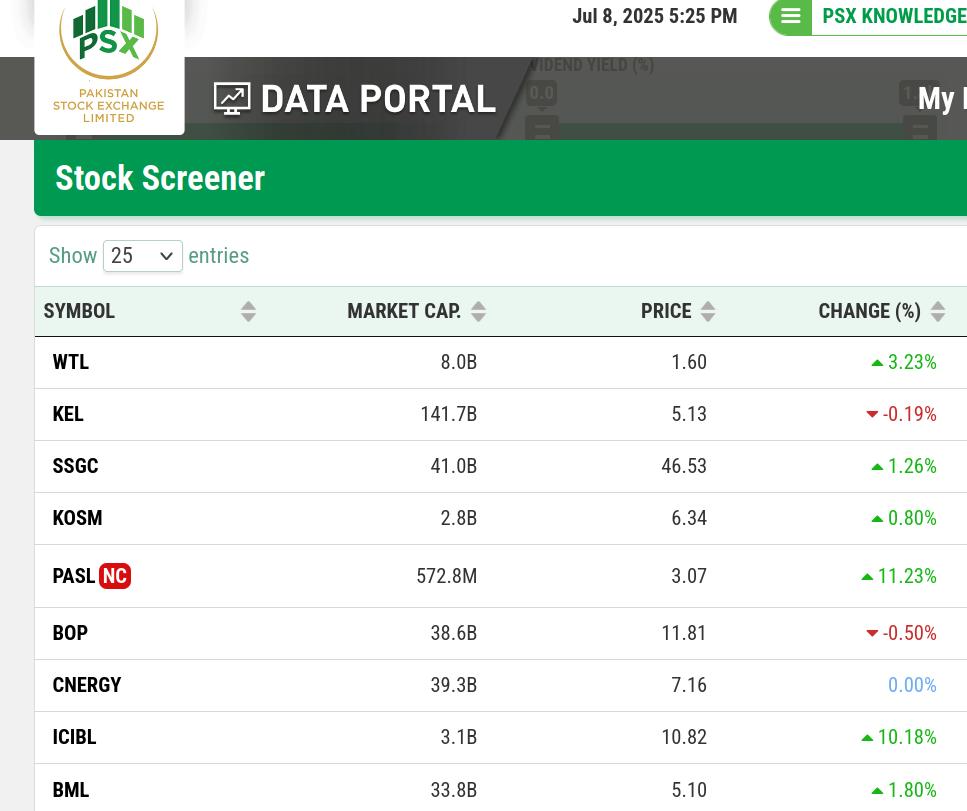The terms “Defaulter” and “Non-Compliant” reflect distinct regulatory categories under the Pakistan Stock Exchange (PSX) framework, following major reforms implemented in 2024. Here is a structured comparison:
⚖️ 1. Regulatory Evolution
- Defaulter Segment: Historically used for any violation among 14 specific irregularities (e.g., delayed commercial operations, audit qualifications) .
- Non-Compliant Segment: Replaced the Defaulter Segment in 2024 to focus on ongoing operational/regulatory failures, excluding winding-up risks .

⚡️ 2. Triggers for Segments
| Segment | Trigger Events |
|---|---|
| Non-Compliant | – Failure to hold AGMs/submit financial statements – Non-payment of listing fees for 2 years – Adverse audit opinions or license revocation |
| Winding-Up | – SECP/court winding-up petitions – Creditor/shareholder-initiated liquidation – Voluntary winding-up via special resolution |
⚠️ 3. Consequences
- Non-Compliant Companies:
- Risk Warning Alert attached for potential suspension/delisting .
- Trading suspension only after 2 consecutive years of violations (e.g., missing AGMs/filings) .
- Example: Hascol Petroleum retained in this segment for missing AGMs and financial statements .
- Winding-Up Companies:
- Immediate delisting upon court-appointed liquidator .
- Exclusion from margin financing systems (e.g., SLB, MTS) .
🔄 4. Removal Process
- Non-Compliant Segment: Full rectification of all violations required (e.g., Dewan Sugar Mills remained despite paying penalties due to unresolved audit issues) .
- Winding-Up Segment: No removal; culminates in delisting upon liquidation .
📅 5. Real-World Examples
- Non-Compliant: Aruj Industries, Siddiqsons Tin Plate (December 2024) for regulatory breaches .
- Winding-Up: Companies with filed liquidation petitions (e.g., Saritow Spinning Mills) .
💡 Key Insight:
The reforms prioritize minority shareholder protection by separating operational non-compliance (correctable) from existential winding-up threats. The new structure enhances transparency, allowing investors to better assess risks through targeted alerts and segmented disclosures .
Leave a Reply